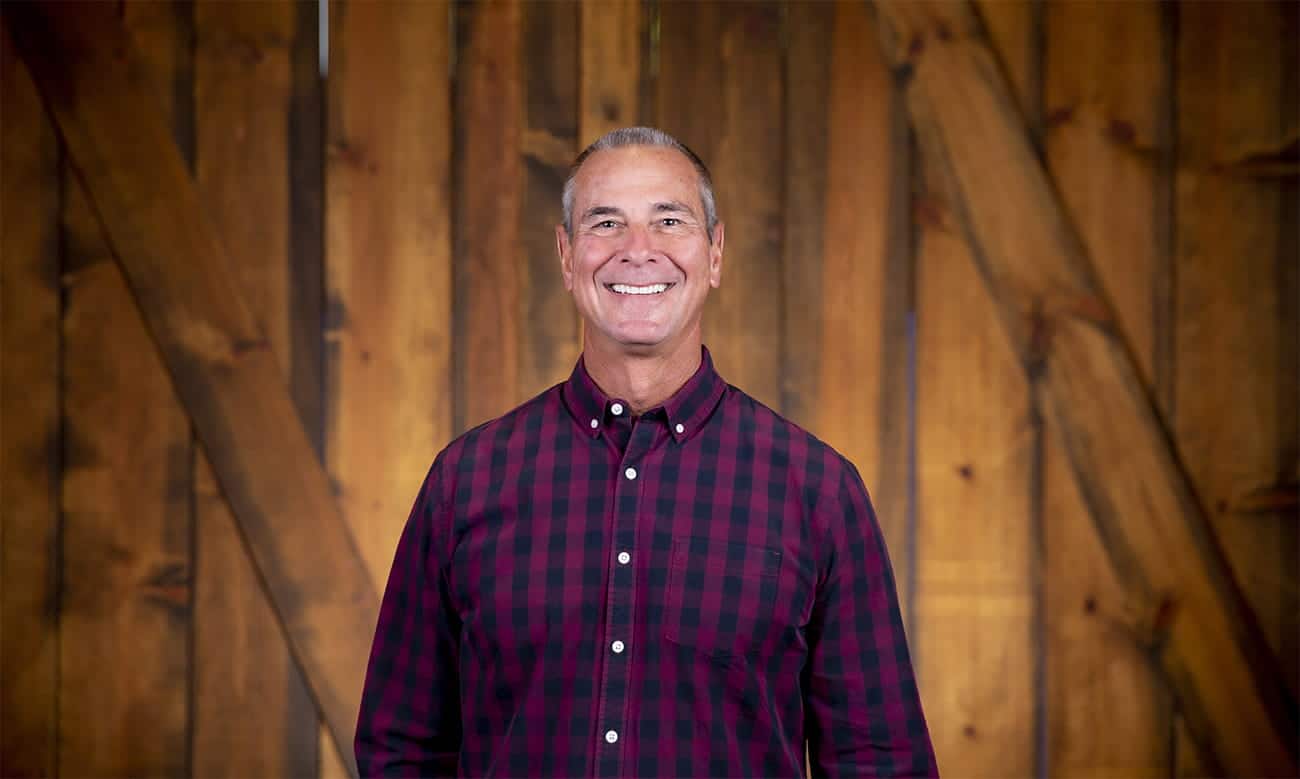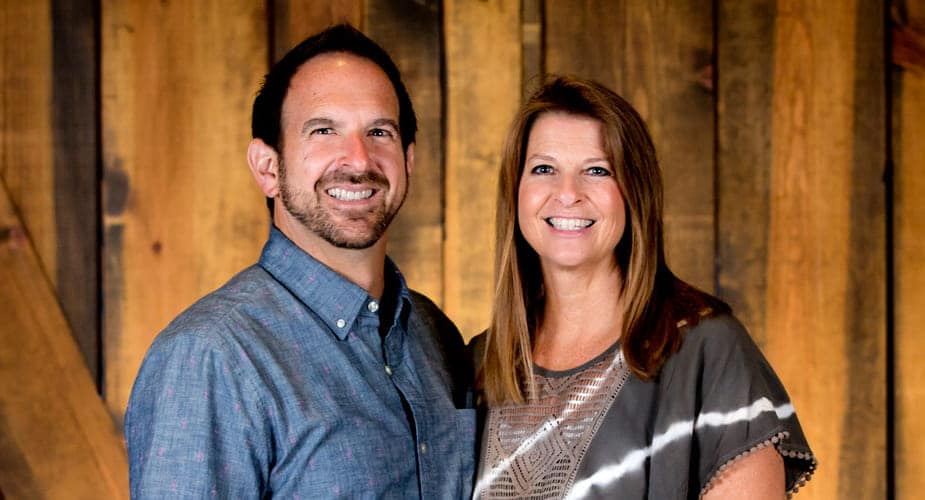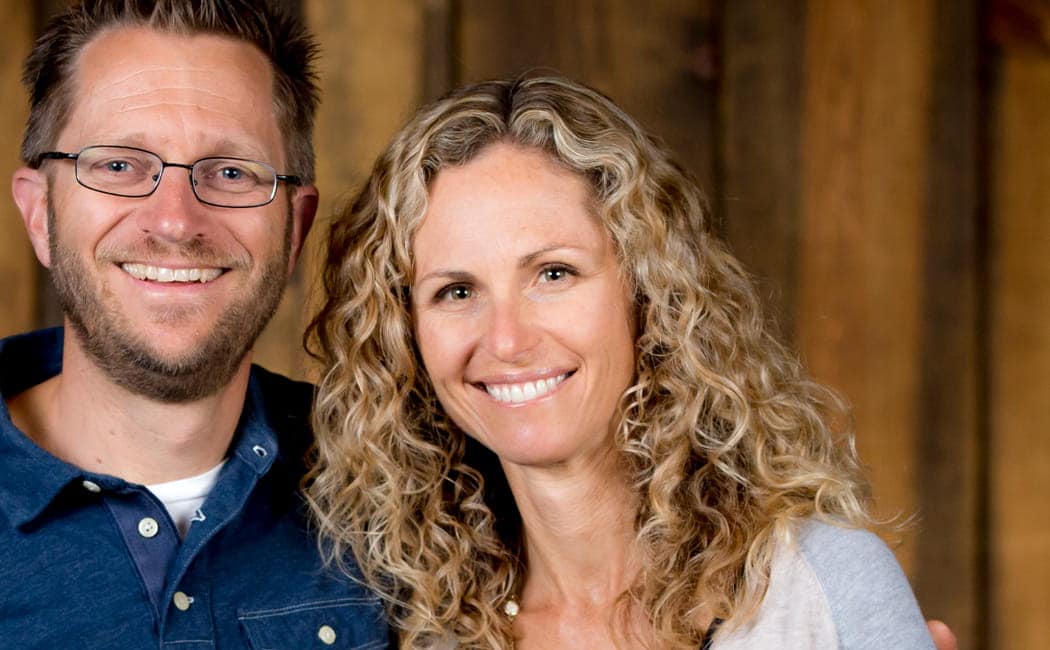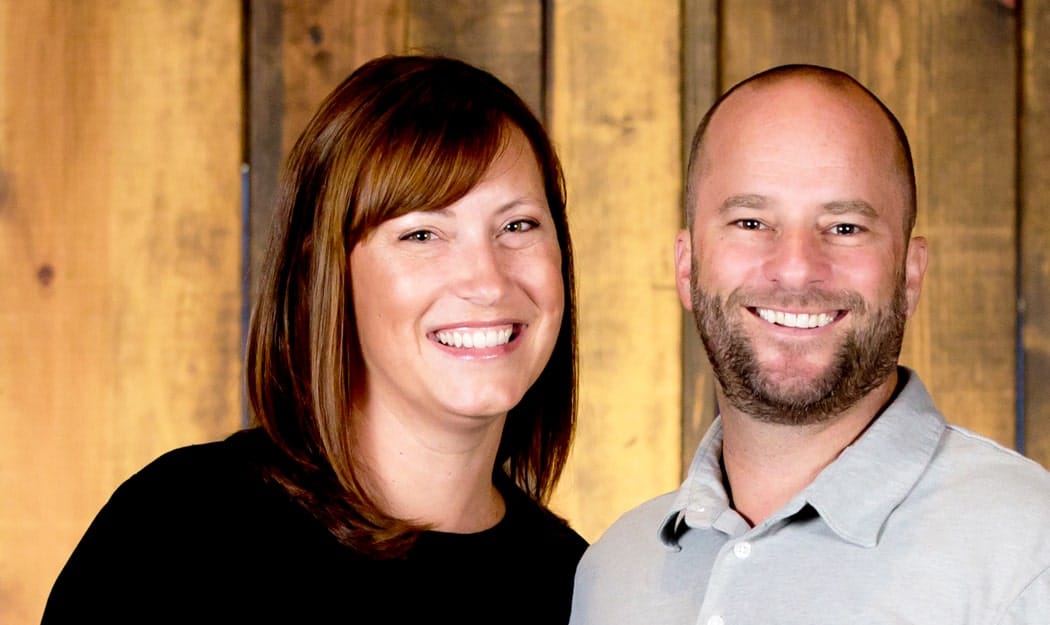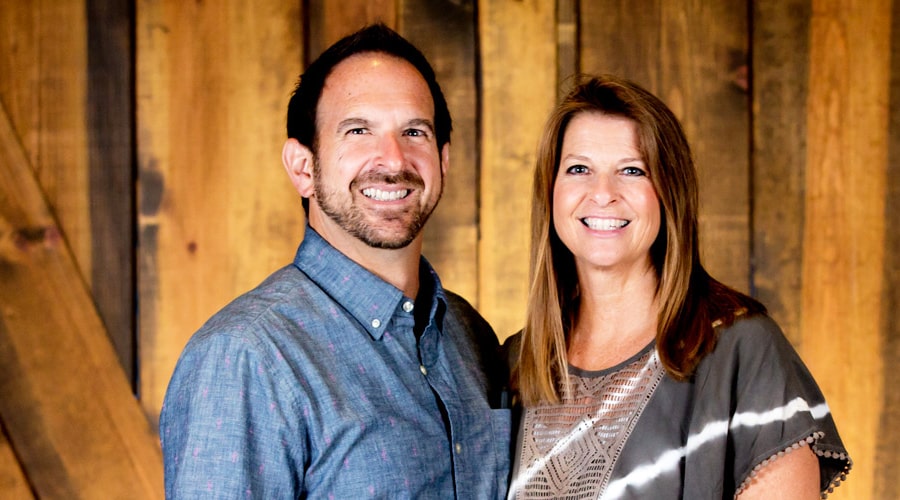Compendent is doing a series of interviews with the staff of Sunridge Community Church in Temecula, California. The purpose of this series is to get a sense of how a growing Christian church has put together a group of uniquely gifted individuals to help the church make an impact in its community, and who can also help their operations run more smoothly. For this interview we talked with Jedley Manimtim, Executive Pastor of Ministry.
You started out at Sunridge as the youth pastor, but have since taken on a different role. Tell us more about the transition—how it came about and what your job currently entails.
hen our family moved out to Sunridge in 2013, my hope was to be our high school pastor for a minimum of two full cycles (8 school years). With a degree in Youth and Family Ministry, bolstered by both a passion for and concentrated studies in adolescent development and 4+ years of high school ministry experience, I could foresee nothing more than a long tenure with students and a far-off transition into marriage and family pastoring.
My role took a much faster and different trajectory than I could have imagined, however. After serving as our high school pastor for one year, our elders and then-interim leadership decided that I would move into oversight of all of our ministries for children through young adults. When Britt Sipe became our lead pastor in 2015, he took this another unexpected step further and shared his plans to transition me into an executive pastor role, which I stepped into in January of 2018.
Although my current role as our executive pastor of ministry is well beyond what I ever envisioned for myself, I am incredibly grateful for what God has allowed me to steward at Sunridge in this capacity. I have the privilege of serving all of our ministry staff and supporting them as they lead in their subsequent ministries and our church services/initiatives, but I believe my vision statement better articulates my hope: “To continually celebrate and champion a Christ-centered culture for our staff members and church body, in which we strive to be relationally driven, ministry-focused, and family-oriented.”
At what point in your life did you feel the call to become pastor and who were some of the people in your life that encouraged you in the pursuit?
the invaluable impact of being raised in a Christ-centered family whose second home was essentially our local church in National City, I would directly trace my vocational calling to the incredible way that God used a then-19-year-old college student, Nick, who served as my sixth grade counselor at our Christian summer camp. On the final night around our campfire, Nick narrated Jesus’ last hours in a way that, to this day, I have heard in no comparable terms (Nick was years ahead of Mel Gibson and Jim Caviezel).
I can still feel my eyes welling up as I listened to Nick not only communicate in great detail what Christ suffered, but his emphasis on why – the depth of love for what belonged to him; the forgiveness set forth to reconcile what we never could; the free but incomparably costly gift of grace. I slipped into the darkness that night, looked up into the starry expanse, and told God that if through Christ I could be accepted into his family, my personal covenant would be to go into full-time ministry for the rest of my life.
As you may imagine, nonetheless, my journey from that point has been a far cry from whatever my naive, prepubescent brain could have expected. From my mom’s passing a few years later to a deep crisis of faith in the final two years of Bible college that was spiraling into deconversion, it would be disingenuous to paint a picture that did not communicate the ongoing struggle I’ve had to follow through, both to Christ and a promise to respond through vocational ministry.
Accordingly, while I am indebted to countless individuals who have helped, encouraged, and supported me in my ministerial/pastoral pursuit along the way, I am convinced more than ever that Christ is far less concerned about my title or vocation. Instead, an ongoing discovery that it was never about me or what I could promise to do – only Him and His accomplished work – is where I hope to point individuals for as long as I pastor. This is why I believe that the true and appropriate usage of “pastor” is a verb, not a noun. It’s no longer something I am, but the action of pointing individuals to Christ.
What part of your job do you enjoy the most?
In similar fashion to how I talk about parenting, the whole thing is the “best and the worst”. It’s difficult to talk about what I enjoy most without affirming that those very sources of enjoyment have produced the greatest hurts. It’s being with people, be it alongside an individual’s early exploration of Jesus or conversing with a brother or sister in Christ as we both consider the practical and painful work of the Holy Spirit’s sanctification in our lives. I will say, however, that our staff members have brought me more joy than I any other team that I’ve served on.
How do you think what you do at Sunridge helps fulfill the church’s mission of “Helping people find and follow Jesus”?
When I first opened the email attachment that contained Sunridge’s high school pastor role description in late 2012, I was immediately struck by the succinctness and significance of its mission statement: “Helping people find and follow Jesus.” Without knowing anything else about the church, I felt an immediate connection to Sunridge because Jesus was literally front and center.
All these years later, I hope that my life – not just my role and “work” in the church building – continues to grow in greater synchronicity with this Matthew 28:18-20-inspired mission. I’m just another disciple who, in my brokenness and sinfulness, was reconciled to God through Christ and declared a “new creation”. It might get frustrating to read answers like the aforementioned, but I think that stewarding a role in pastoral ministry means that I have the greatest opportunity to dispel misconceived notions that “being a pastor” means that my work is somehow distinguished from other brothers and sisters in Christ.
Helping people find and follow Jesus assumes that I myself am continually finding out more about who he is and how I’m called to follow him. Helping people find and follow Jesus means that it’s the unseen things apart from what people see or hear when I’m preaching from the stage, leading teams, or outlining strategies for ongoing discipleship that arguably matter more. Helping people find and follow Jesus means cultivating a personal relationship with Him through my daily habits, asking my wife and our boys for forgiveness when my stress gets the best of me, acknowledging that, despite my best efforts, I will continue to let people down, and constantly reminding those who “came to see the pastor” that discipleship is not me to them, but Jesus to us.
How do you think you’ve grown as a person and as a pastor since coming to Sunridge?
I alluded to it in the previous paragraph’s concluding sentence, but I’m acutely aware of the fact that I’ve disappointed and let a lot of people down at Sunridge; I also know that I will inevitably continue to do so. I can’t speak for others, but from my experience, “being a pastor” means that people may instinctively struggle to see me apart from that title. My corresponding struggle has been how personally I internalize the burden if I feel the disappointment that stems from not aligning with people’s expectations for my exegesis, hermeneutic, or exposition of Scripture, how I lead, etc.
Part of my growth, then, has been learning to implore God for more humility, boldness to admit when I’m wrong, and compassion, as opposed to defensiveness, when tempted toward the latter. Like every part of me that comprises the whole, this is far from an unfinished work. Lastly, I would hope that I’ve grown in how I love and serve my wife and our three kids.




